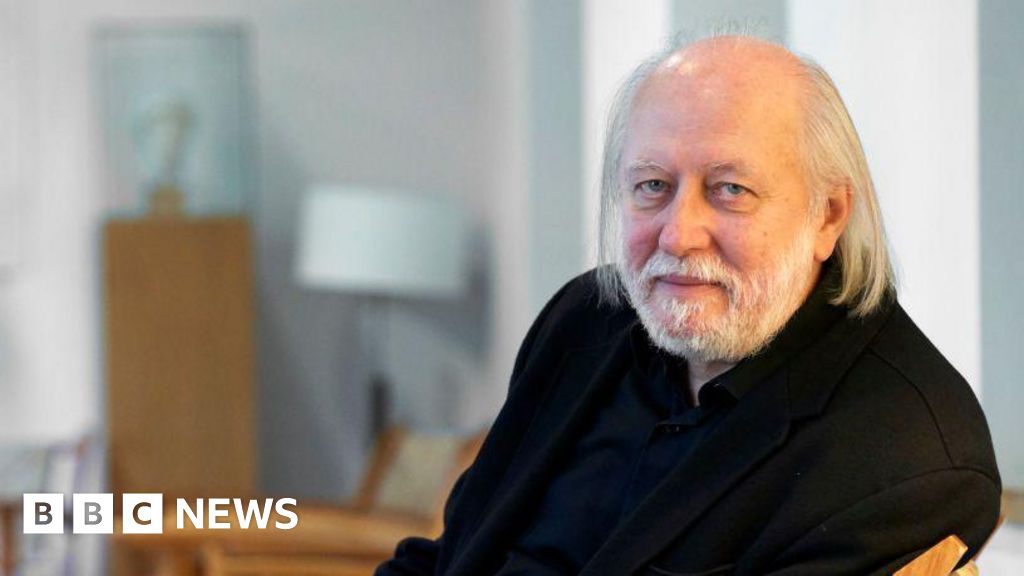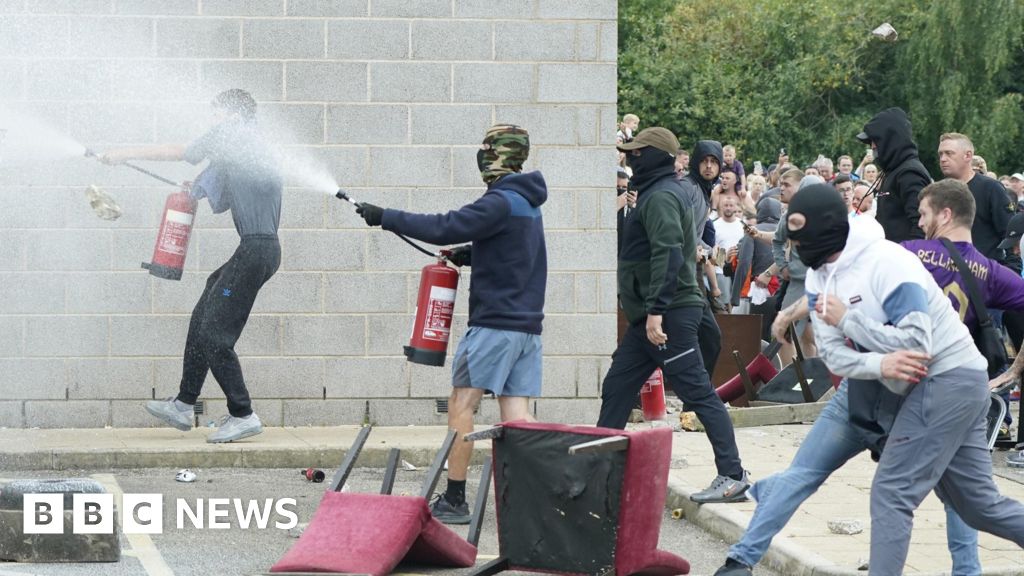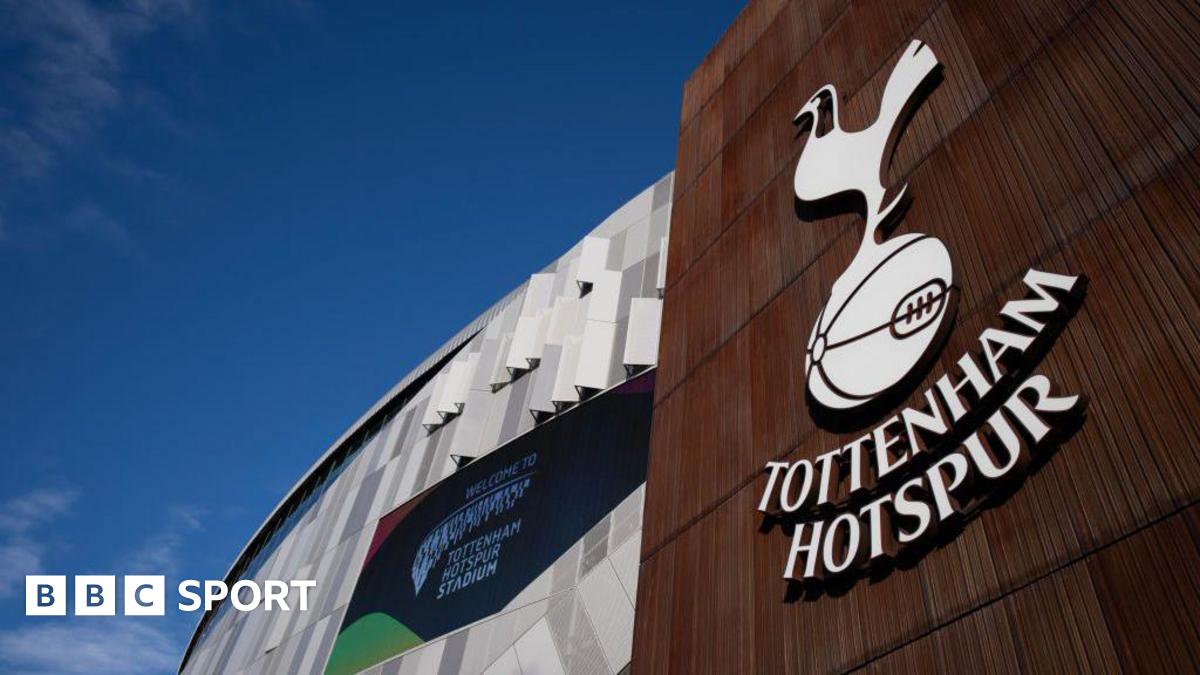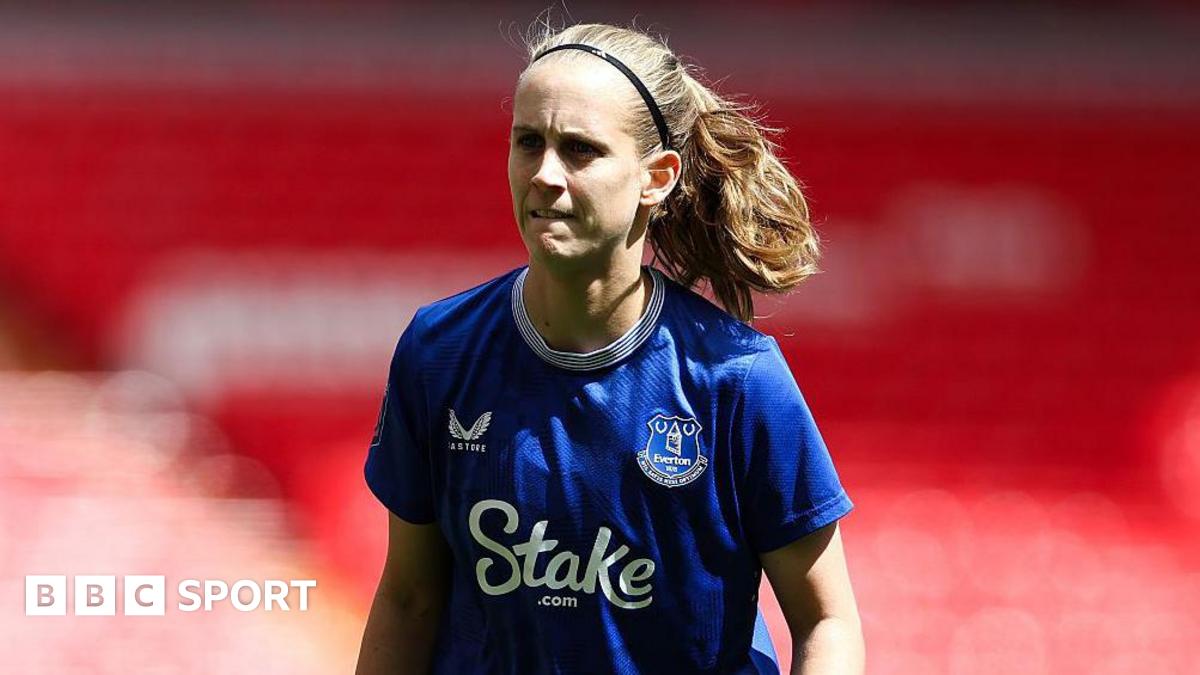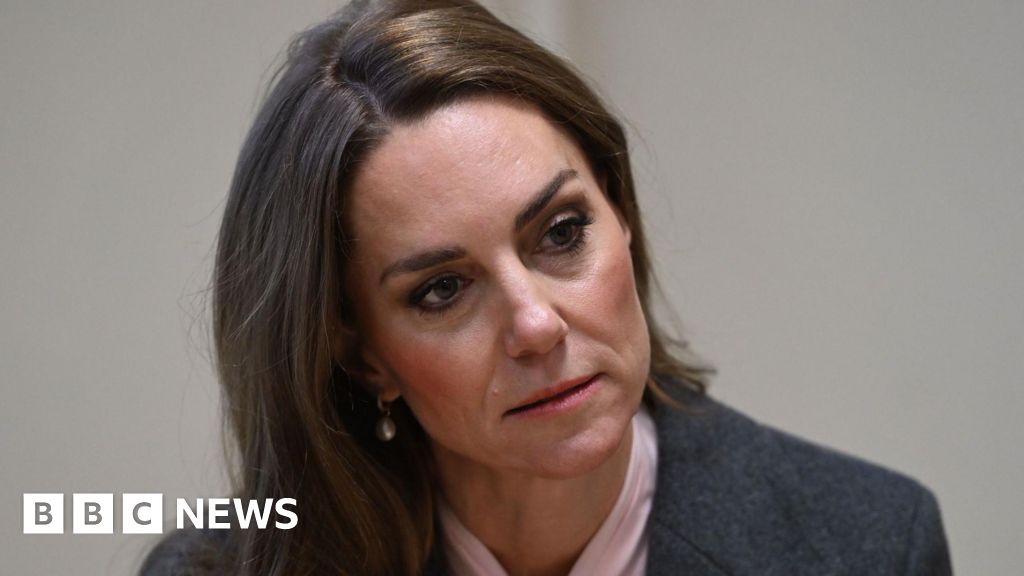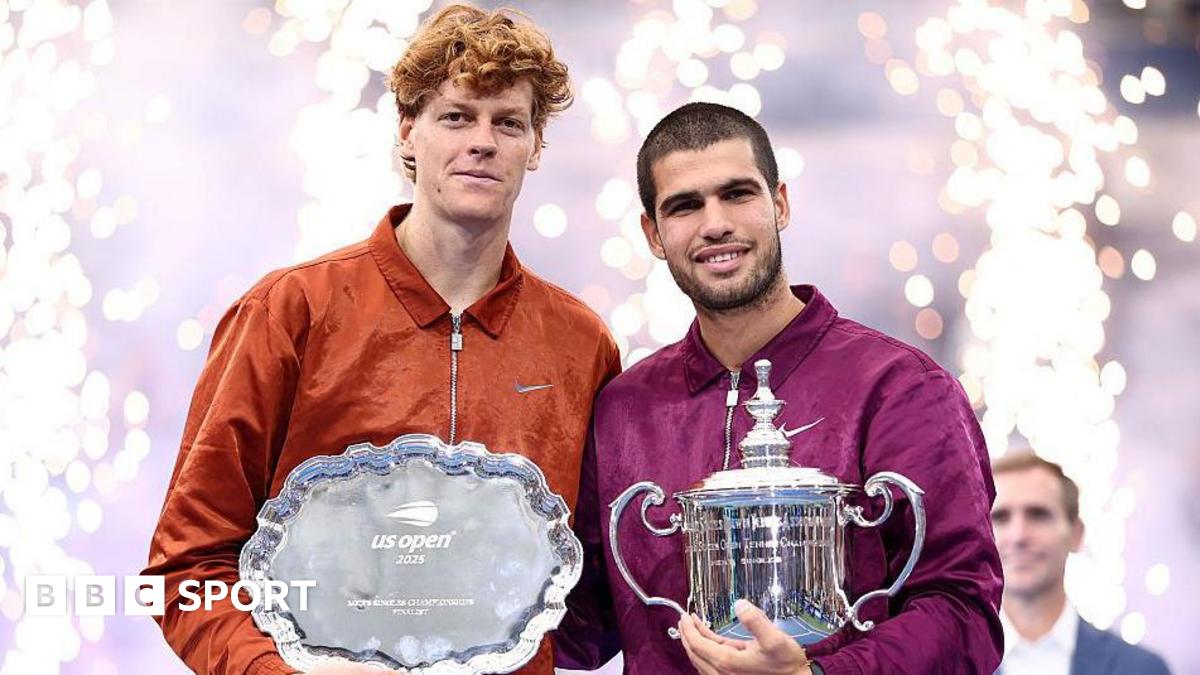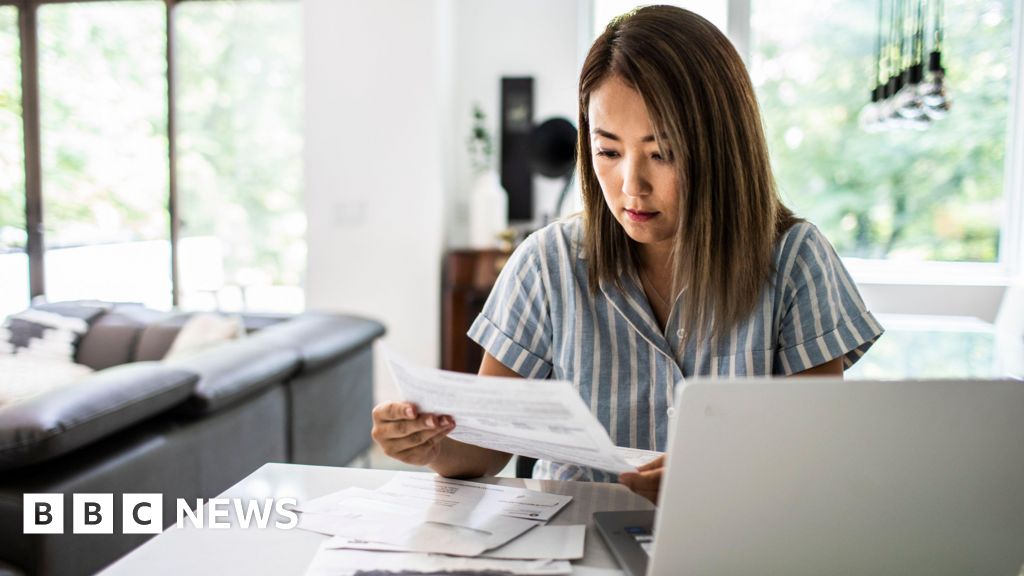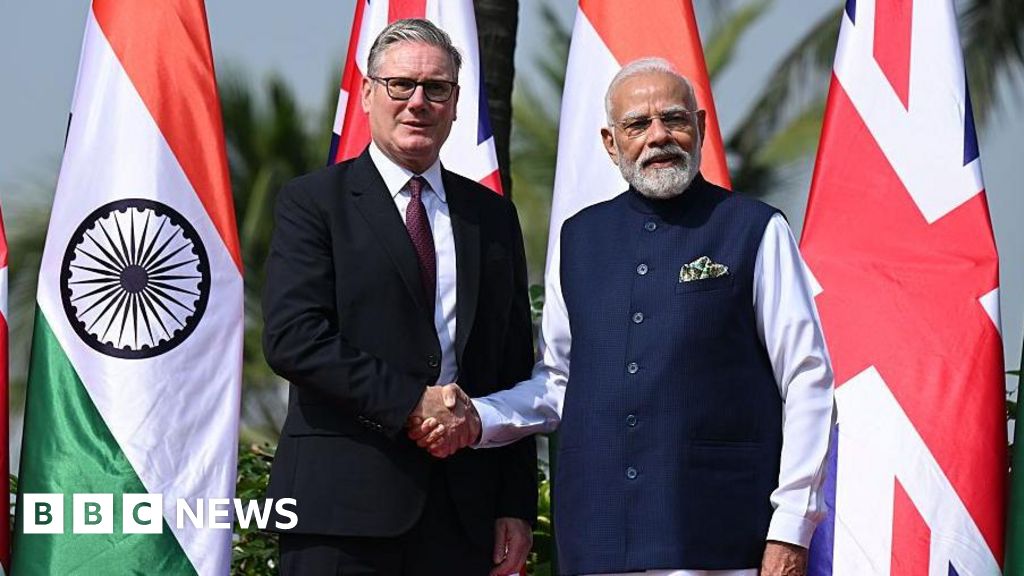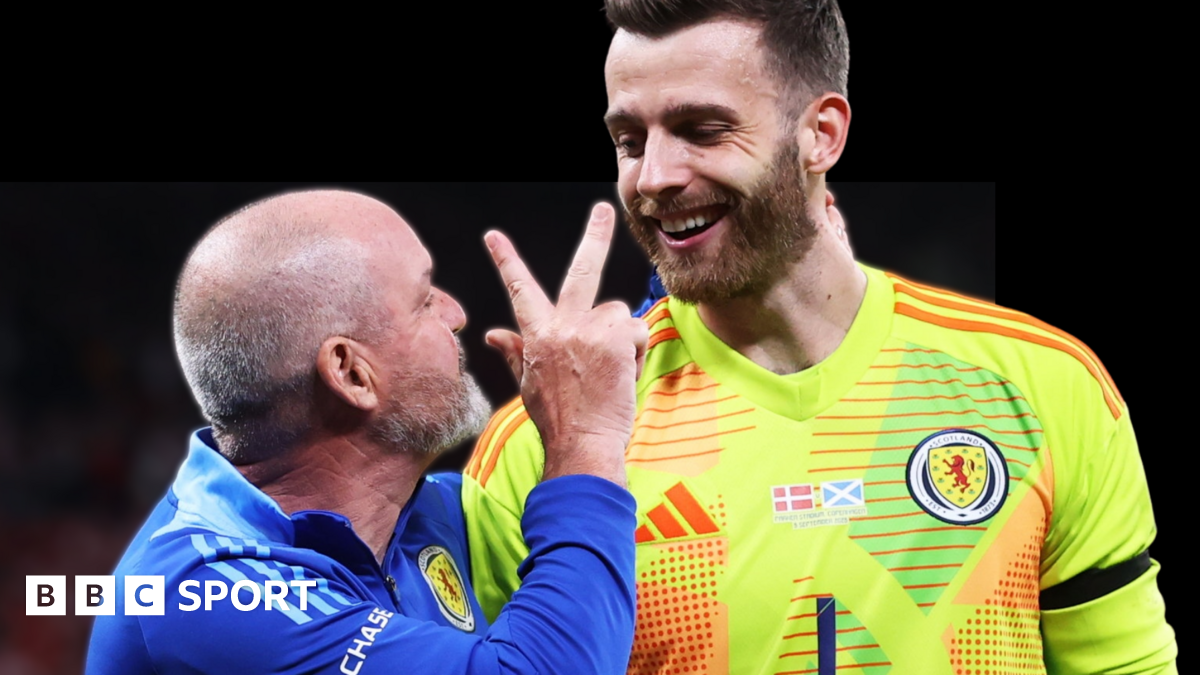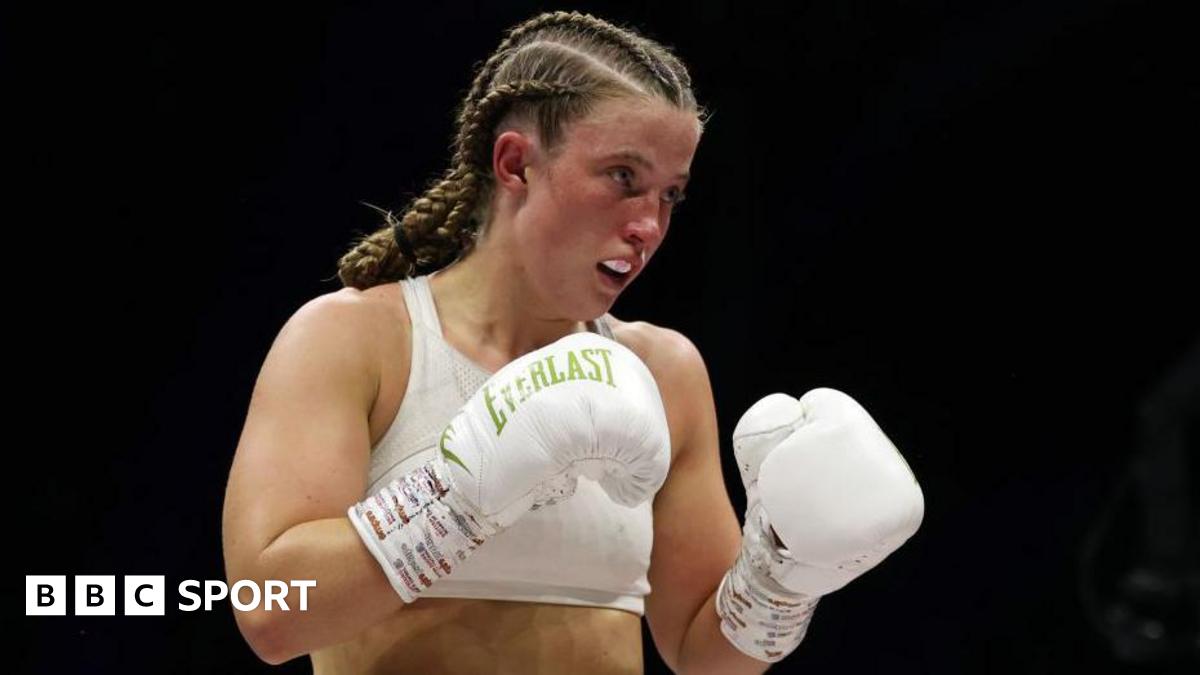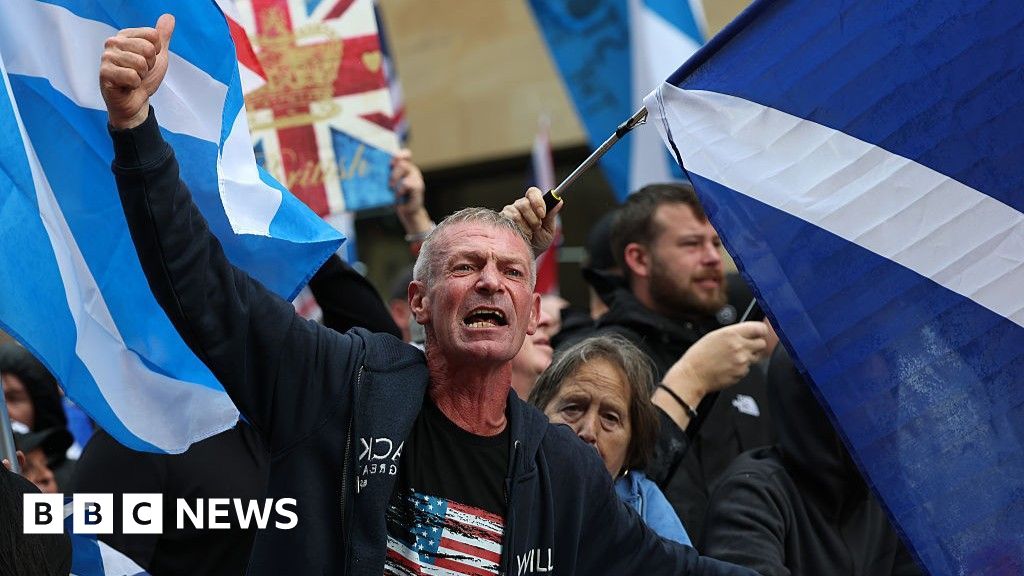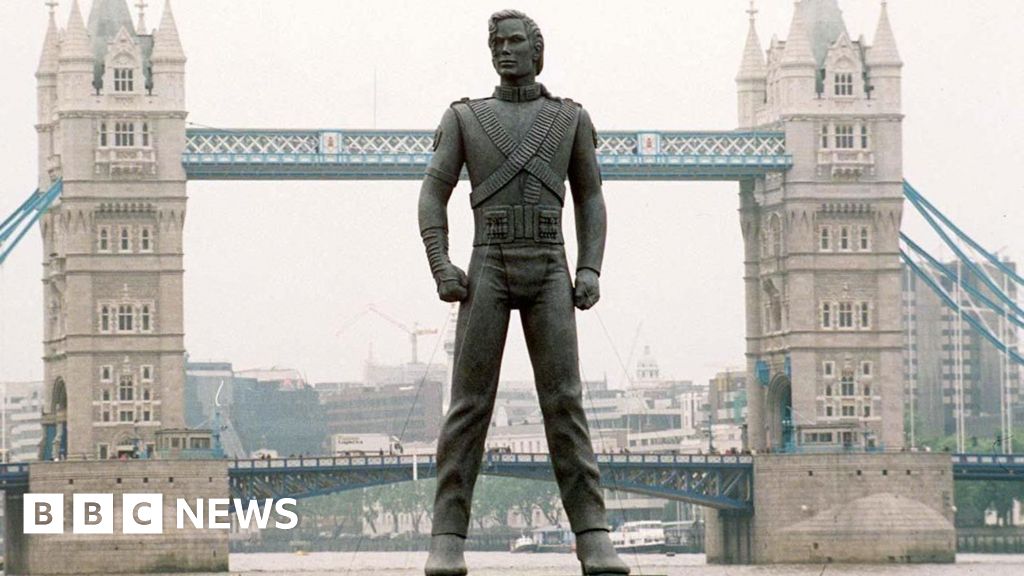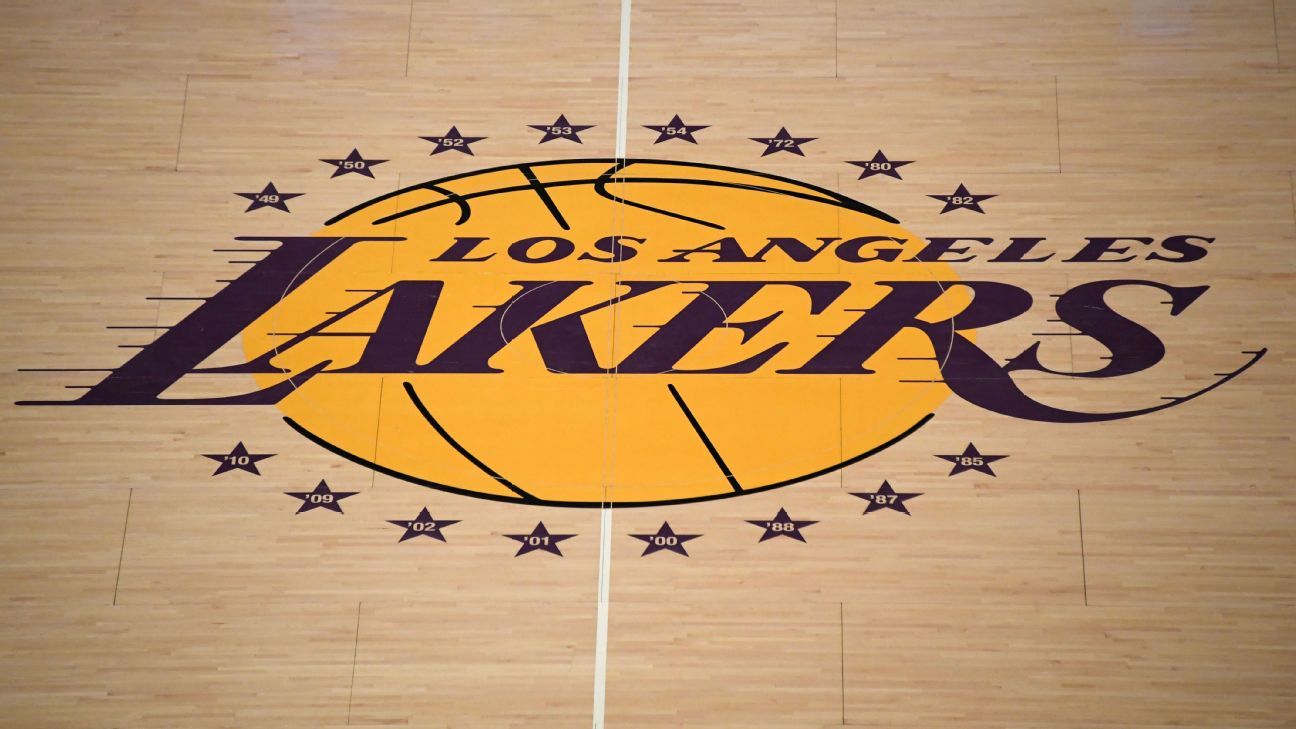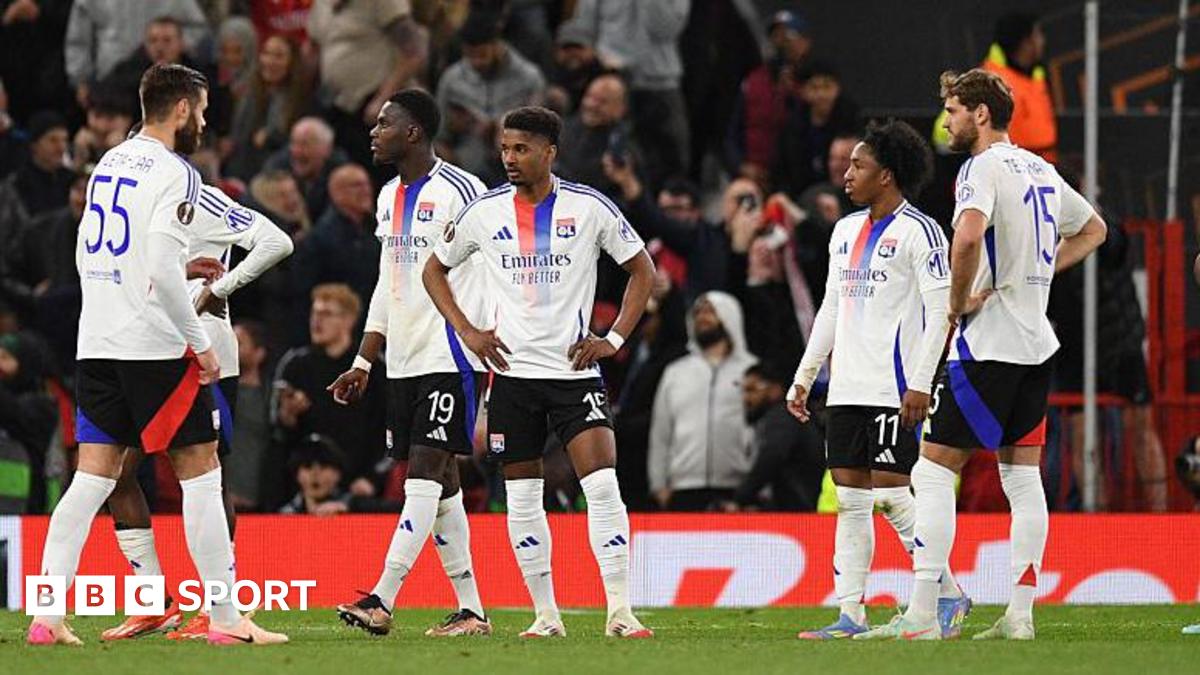Zoe Kleinman
Technology editor•@zsk

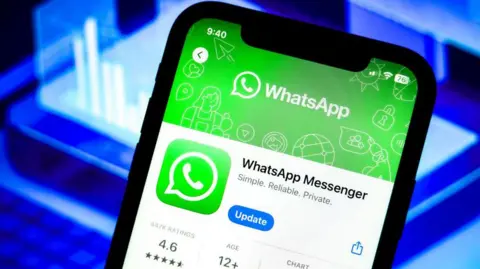 Getty Images
Getty Images
WhatsApp has told the BBC it is planning to support Apple in its legal action against the UK Home Office over user data privacy.
The messaging app's boss, Will Cathcart, said the case "could set a dangerous precedent" by "emboldening other nations" to seek to break encryption, which is how tech firms keep their users' data private.
Apple went to the courts after receiving a notice from the Home Office earlier this year demanding the right to access the data of its global customers if required in the interests of national security.
It and other critics of the government's position say the request compromises the privacy of millions of users.
The BBC has approached the Home Office for comment.
It has previously declined to comment directly on the Apple case.
But it has told the BBC the government's "first priority" was "to keep people safe" and the UK had a "longstanding position of protecting our citizens from the very worst crimes, such as child sex abuse and terrorism, at the same time as protecting people's privacy."
Mr Cathcart said: "WhatsApp would challenge any law or government request that seeks to weaken the encryption of our services and will continue to stand up for people's right to a private conversation online."
This intervention from WhatsApp - which is owned by Meta - represents a major escalation in what was an already extremely high-profile and awkward dispute between the UK and the US.
Apple's row with the UK government erupted in February, when it emerged ministers were seeking the right to be able to access information secured by its Advanced Data Protection (ADP) system.
The argument intensified in the weeks that followed, with Apple first pulling ADP in the UK, and then taking legal action against the Home Office.
It also sparked outrage among US politicians, with some saying it was a "dangerous attack on US cybersecurity" and urging the US government to rethink its intelligence-sharing arrangements with the UK if the notice was not withdrawn.
Tulsi Gabbard, the director of US National Intelligence, described it as an "egregious violation" of US citizens' privacy.
Civil liberties groups also attacked the UK government, saying what it was demanding had privacy and security implications for people around the world.
Privacy versus national security
Apple's ADP applies end-to-encryption (E2EE) to files such as photos and notes stored on the iCloud, meaning only the user has the "key" required to view them.
The same technology protects a number of messaging services, including WhatsApp.
That makes them very secure but poses a problem for law enforcement agencies.
They can ask to see data with lower levels of protection - if they have a court warrant - but tech firms currently have no way to provide access to E2EE files, because no such mechanism currently exists.
Tech companies have traditionally resisted creating such a mechanism not just because they say it would compromise users' privacy but because there would be no way of preventing it eventually being exploited by criminals.
In 2023, WhatsApp said it would rather be blocked as a service than weaken E2EE.
When Apple pulled ADP in the UK it said it did not want to create a "backdoor" that "bad actors" could take advantage of.
Further complicating the argument around the Home Office's request is that it is made under the Investigatory Powers Act, the provisions of which are often secret.
When the matter came to court, government lawyers argued that the case should not be made in public in any way for national security reasons.
However, in April, a judge agreed with a number of news organisations, including the BBC, and said certain details should be made public.
"It would have been a truly extraordinary step to conduct a hearing entirely in secret without any public revelation of the fact that a hearing was taking place," his ruling stated.
At the time, the government declined to comment on the proceedings but said: "The UK has robust safeguards and independent oversight to protect privacy and privacy is only impacted on an exceptional basis, in relation to the most serious crimes and only when it is necessary and proportionate to do so."



 3 months ago
67
3 months ago
67
